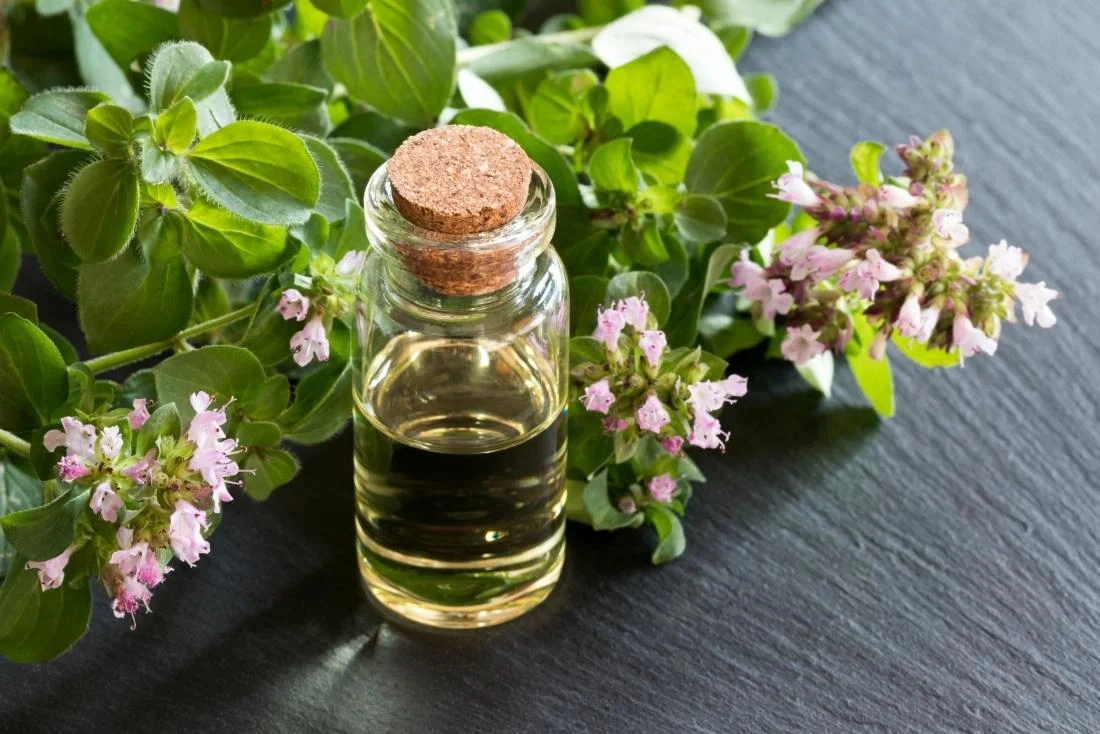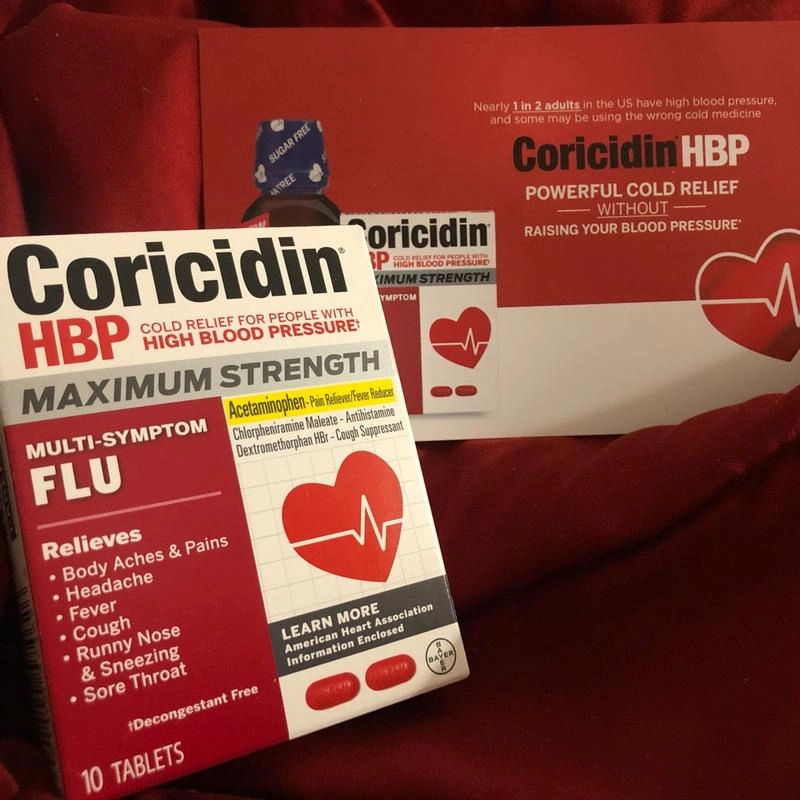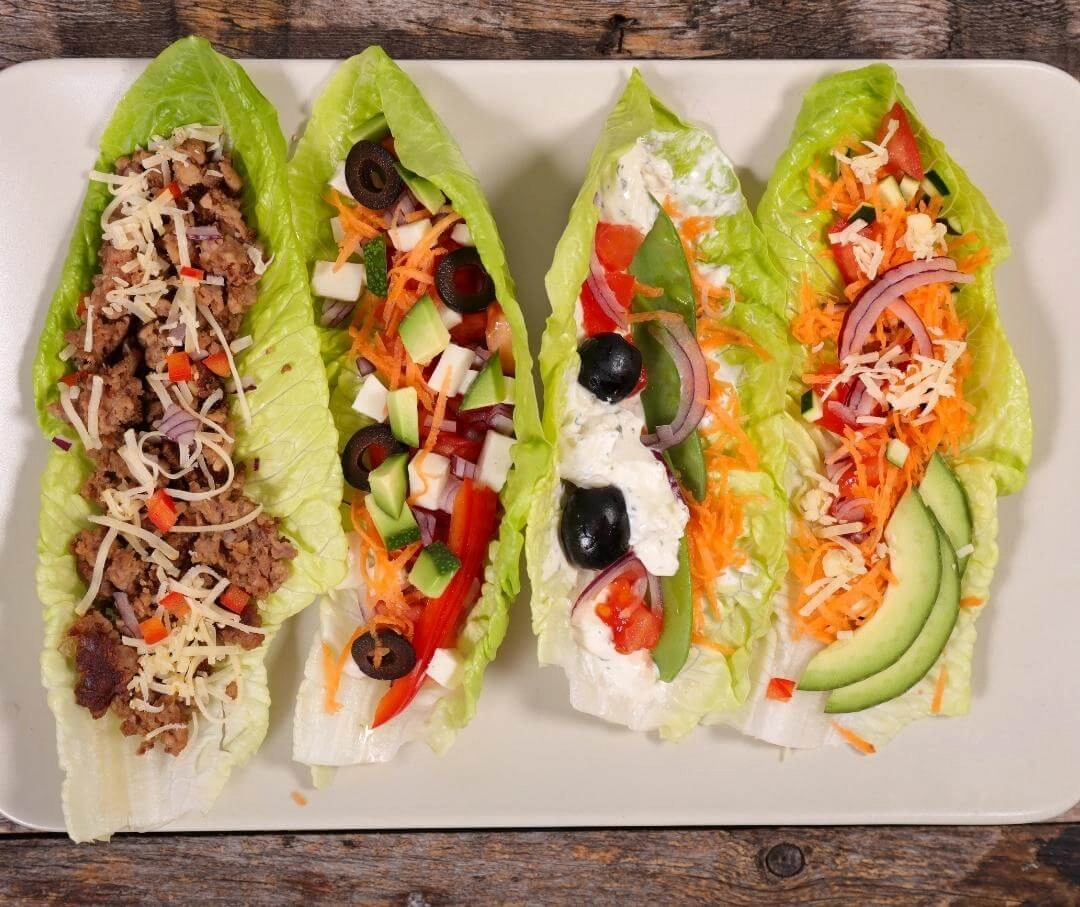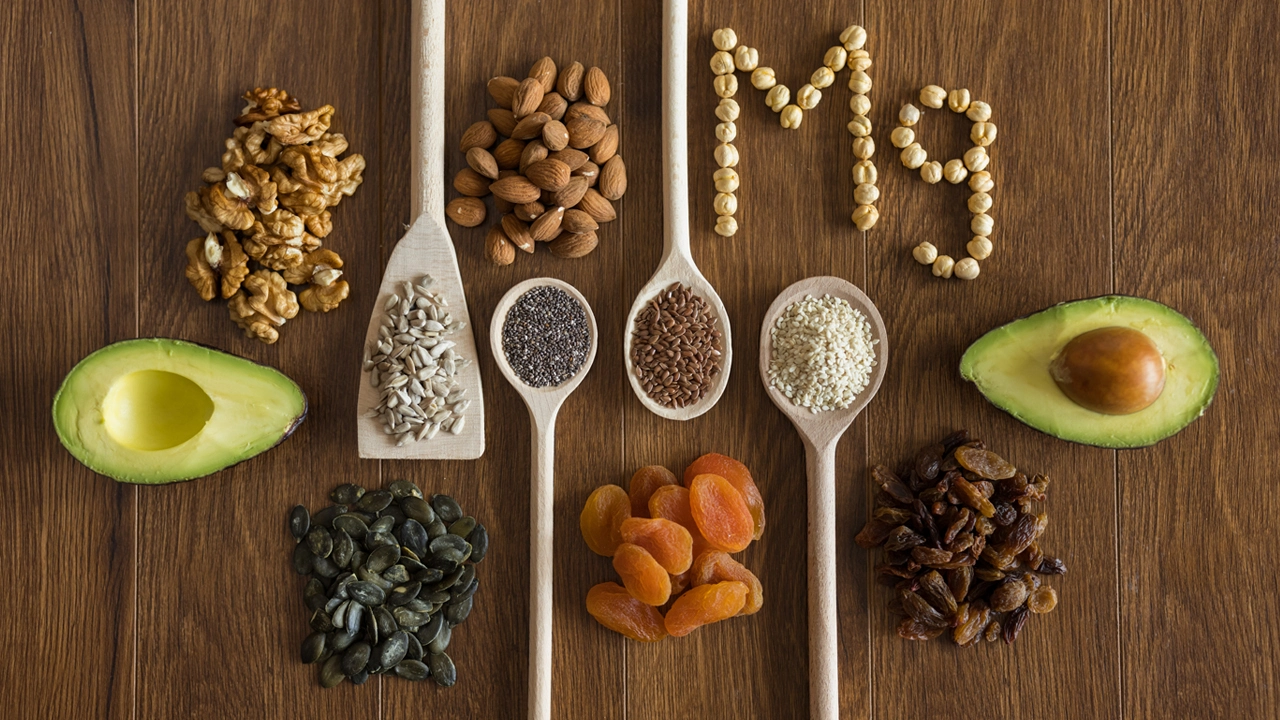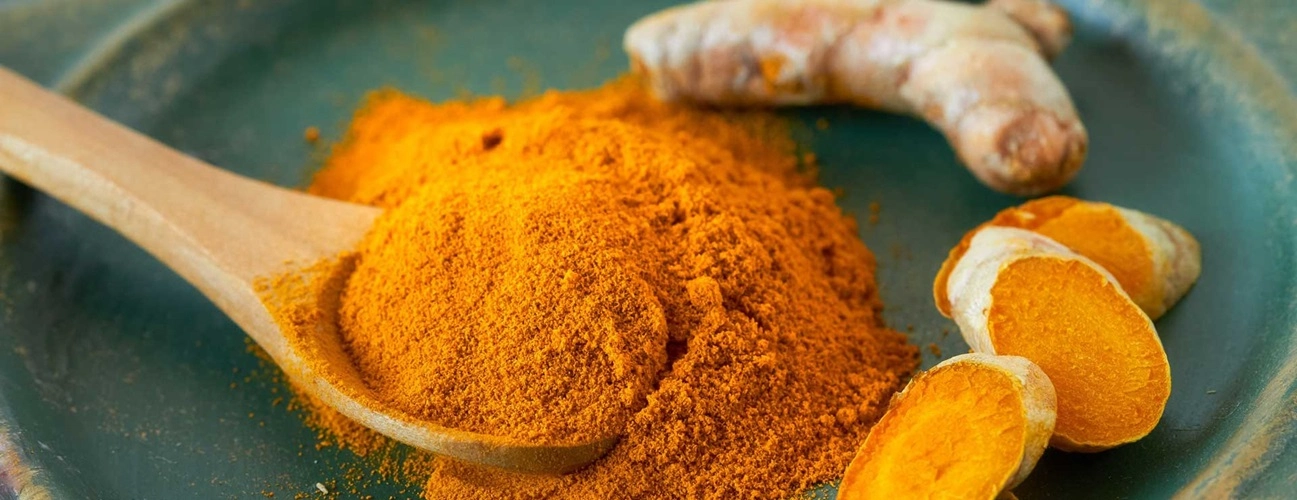Nutrition for Stress Relief: Too rushed or worried to eat properly? Think again! Good eating is a valuable stress-reduction technique. When our bodies are not properly fueled, stress has a stronger impact on our health. Nutrition and stress are linked.
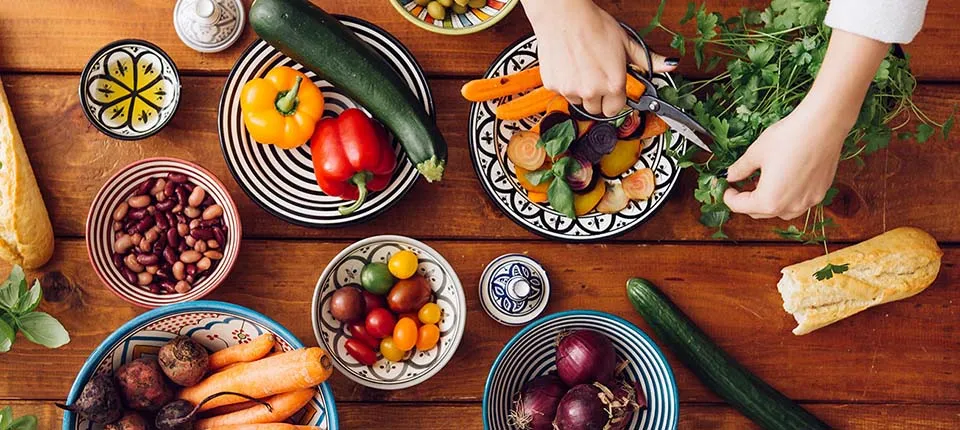
Eating certain meals and beverages may assist in reducing stress. A nutritious diet high in fiber and omega-3 fatty acids, as well as fermented foods, may aid in reducing stress and improving mood.
What Foods Can Help Relieve Stress?
As a reaction to stressful events or abrupt life transitions. However, it can also happen in response to life’s daily challenges.
Unmanaged stress can negatively impact overall health. Chronic stress can exacerbate mental health issues. Here are some stress-relieving strategies that can assist in relieving stress and even preventing future health concerns.
- Omega-3 fatty acids: Regular use of these necessary nutrients helps lessen stress levels. Fish, chia, flaxseed, and algae are foods rich in omega-3 fatty acids.
- Fiber reduces inflammation in the body, which may help relieve stress. High-fiber foods include fruits and vegetables, beans, whole grains, nuts, and lentils.
- Fermented foods contain bacteria that can boost gut health and reduce stress. Fermented foods include kefir, sauerkraut, kombucha, apple cider vinegar, and yogurt.
- Dark chocolate can help reduce stress levels. Cocoa contains flavanols, which are plant-based chemicals. These chemicals can lower blood pressure and alleviate stress. Berries, apples, and grapes are examples of flavonol-rich foods.
Following a healthy diet rich in stress-fighting foods may help control stress levels. To learn more about what foods can reduce stress, a person can consult with a medical professional.
What Drinks Can Help Relieve Stress?
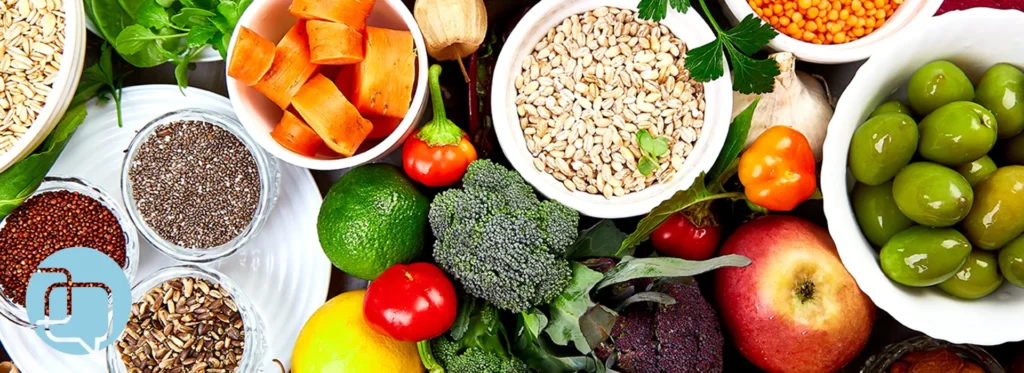
Beyond stress-relieving foods, there are a number of different beverages that can help lower stress levels. Certain drinks that may assist to relieve stress include:
Teas
Green tea has been found in research to reduce stress and anxiety levels. Green tea includes an amino acid called L-theanine. This amino acid improves intellect, mood, and feelings of serenity.
However, green tea contains caffeine. Caffeine can make some people feel more stressed. Herbal teas can also reduce stress without introducing caffeine into the diet.
Fresh smoothies
Getting enough fruits and vegetables might help the body cope with stress. A 2022 study found that some types of vegetables might effectively reduce stress.
A fresh smoothie made with fruits and vegetables might make it easier to incorporate these nutrients into one’s diet. The study suggests that soy-based products, such as tofu, may help reduce stress levels. Silken tofu is nutritious and combines well in smoothies.
Milk
Milk includes tryptophan, an amino acid that helps the body create the sleep-promoting chemical serotonin. Drinking milk can also help to lessen inflammation.
These and other characteristics of milk may aid in stress reduction. Research indicates that consuming milk can improve sleep quality. A glass of warm milk before bedtime will help calm the nerves and encourage deep sleep.
Conclusion
Stress is a natural part of life, but it can be particularly difficult to manage during busy or chaotic periods. Prioritizing specific foods and drinks can help reduce stress.
High-fiber diets, fermented foods, and cocoa-containing foods may have stress-relieving effects. Herbal teas, fresh smoothies, and milk may also assist in reducing tension.
In addition to a healthy diet, lifestyle choices such as exercising, socializing, and getting enough sleep can help to reduce stress levels.

